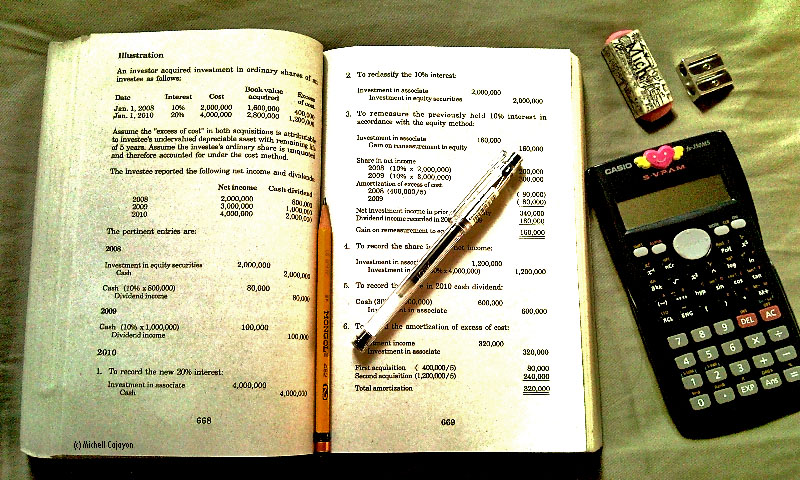You can read the full announcement at this link.
As always, before I go any further, it’s important to remember that I’m not an accountant and that I’m writing this as a layman.
Headline figures
While BSH did make a profit in the first six months of the season, it’s evident that Coronavirus has hit the company hard.
The group overall saw a revenue reduction of 45.4%, with the revenue from the club dropping by 52.8%. While outgoings also dropped, these were only reduced by 20.4%. Taking these facts into consideration, it’s not easy to see how BSH actually made a profit.
In fact it comes down to one reason – the money made by the club from the transfer of Jude Bellingham to Borussia Dortmund.
The accounts show a figure of HK$264.372M (around £24.477M) as profits on sales of players registrations – which one would assume is due to the Bellingham fee.
As I’ve said repeatedly in recent months, that transfer fee is pretty much the only reason that Blues are still on the financial straight and narrow, despite the fallout from the pandemic and associated lockdowns.
The interim accounts confirm that £17.312M has been borrowed against future transfer instalments. This matches up with documentation filed with Companies House last year.
The accounts also give us a good idea of how hard the pandemic has hit the club with regards to ticket sales.
In the first six months of the 2019/20 season, BSH booked HK$15.770M in revenue from match receipts – about £1.46M. This year, it’s zero as no season tickets or matchday tickets have been sold.
Likewise, commercial income generated by Blues has dropped by about 13.6% and broadcast income has dropped by around 8% – a reduction of a shade under £2M.
This means that until the club can start selling season tickets and matchday tickets for next season, the hole in the clubs accounts is only going to grow further – and unfortunately this summer we don’t have a Jude Bellingham size transfer fee to fill that hole with.
The accounts also show that BSH received HK$6M in funding to ensure jobs are retained. My assumption based on the wording used is that this money equates to furlough payments received from the UK government to pay staff to ensure jobs are retained.
That figure equates to about £550,000 in furlough payments.
As much as I agree with the concept of using money to retain as many people in employment as possible, I have to admit that I find it difficult to reconcile the club utilising the furlough system while also making multi-million pound bids for players in the January window.
Borrowings
In the past, BSH has basically had two avenues to bring in money. The holding company either sells more shares in itself by a rights or subscription issue (equity) or borrows it from someone (debt).
In the last few months we’ve seen BSH bring down debt by offering equity in the company in lieu of payment. Because of that, I was hopeful that the level of money borrowed by BSH would be much lower.
However, even with these accounts, it’s a bit tricky to work out the current borrowing situation, as I’ll explain.
The interim accounts represent a snapshot in time – in this instance December 31, 2020. However, time doesn’t stop and like everything else, financial situations can and do change.
On December 31, according to the accounts BSH owed HK$415,422,000 (about £38.462M).
However in January, as announced to the Hong Kong Stock Exchange BSH converted two of the outstanding third-party debts into equity, wiping out debts of HK$140M.
Taking that figure away from the December figure above we have a ballpark figure now of HK$275.422M of debt (about £25.5M) – which is much better, in truth – especially as a large chunk of that is the money BCFC owe for the forward funding of the Adams and Bellingham deals.
One thing that I thought last month was that once BSH wiped off some of their debts, the listed company would then run with a more streamlined set of loan facilities.
I was absolutely wrong.
As well as a liability of HK$222.615M to Oriental Rainbow Investments (the ORI share of the BCFC debt from them buying a stake in the club), ORI have also made available a HK$300M loan facility to BSH to help it keep going.
Now I might be a cynic here but remembering how BSH have paid off every debt before, I’m curious as to how the holding company would pay off a debt of that much if and when it becomes due. Is it possible they could swap it for another chunk of shares in the listed company?
Or, remembering that ORI already own a 21.64% direct stake in Blues, could BSH would swap the potential debt to ORI for another chunk of the club?
There’s something about the idea of BSH borrowing money from an investment vehicle based in the British Virgin Islands and then potentially paying the debt off with a chunk of the club that doesn’t quite sit right with me.
What does all this mean?
I think there are two ways of looking at this.
The positive way to look at things is that it’s good BSH have made a profit, and that while revenue is down it seems the club has done everything it can to remain on the straight and narrow. BSH have a clear line of credit for the year ahead, which should mean more money will come into the club as and when it needs it.
The negative way to look at things is the single unavoidable fact that profits were only possible because the club sold Jude Bellingham – a transfer of the like we’re not going to see again for a while. While it’s great that some debts have been paid BSH have gone back to a different version of the same well for money. Depending on the person looking at things that could be a good thing or a very bad one.
For BSH however, our views don’t matter.
The only thing that matters is how the market reacts – and as of 0800 GMT, March 1 the share price is HK$0.260, an increase of 72.19% on the year to date.
That price equals a stock market capitalisation (number of shares times price) of £462.959M which in turn is a huge paper profit for the major shareholders in the company on their investments.


One thought on “BSH: Small Profit But Big Borrowings”
Comments are closed.